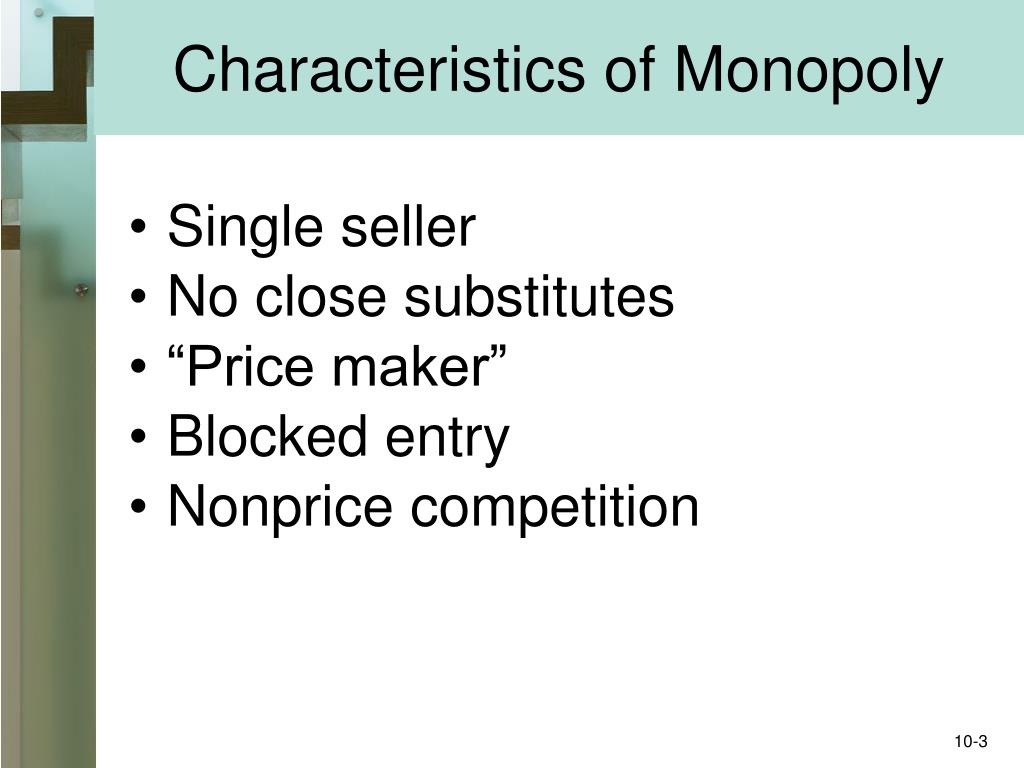
Are Government Created Monopoly Good For The Society? Water, natural gas, and electricity are examples of companies that are designed to benefit from economies of scale. In many cases, monopolies are designed to encourage economies of scale that benefit consumers while lowering costs. Politicians have used the crisis to rationalize government intervention in order to blame market failures. As a result of Corporatism, there appears to be an increase in wealth disparity, and fascism appears to be forming on the far right as a result. Privatization policies have resulted in a shift in market power from the private sector to the public sector, resulting in a controlled market. The vast majority of socialist economists’ policymaking responsibilities were carried out by a few of them in the United States.

Roosevelt misconstrued the role of capitalism in the Great Depression during his tenure as President during the New Deal. Politicians used the Progressive era of the 1890s to 1920s to inflame public fears about capitalism and the prospect of monopolies.ĭemocratic President Franklin D.
#Government monopoly examples free#
European classical economists gained political influence during the Free Banking era, especially under Democratic President Andrew Jackson. Because European neoclassical economists dominated economic thought at the turn of the twentieth century, the term “capitalism” was misappropriated. During the period of the nineteenth and twentieth centuries, the rich enjoyed rapid growth while the poor were squeezed economically. The American Revolution was sparked by a disparity in wealth caused by monopolies. Politicians have ruined capitalism by imposing monopolies on so many major markets. Monopolies have been shown to increase income and profits for politically-advantaged groups at the expense of opportunities for other businesses, increasing wealth disparity. Government monopolies are beneficial to consumers when free- market competition is unsustainable or when prices must be regulated. Are Government Created Monopolies Necessarily Bad Public Policy?Ĭredit: When monopolies are created, they may not always be detrimental to the interests of the general public. Monopolies are formed by the government in order to ensure that the economy remains monopolistic. If a market is dominated by a small number of powerful players, the threat of excessive price increases exists. The presence of monopolies is generally thought to be detrimental to the economy and consumers.
#Government monopoly examples license#
To do so, a company may need to obtain a license to operate in the market or grant a monopoly firm a patent and copyright. Under the government’s control, corporations cannot enter a market.

The constant effort by other firms to capture some of the monopoly firm’s profits and technological changes that erode monopoly power are two factors that limit monopoly firms‘ power. The primary goal of public policy in relation to natural monopolies is to regulate them. When one company assumed dominance over the market, the government feared regulation. Government has been tasked with preventing monopolies in the past. Free trade and competition are the bedrock principles upon which our economy is based. Why does the government feel that it must control large businesses? International and interstate commerce has become increasingly regulated. In the early days, the railroad industry was the subject of the majority of regulation.

Government regulation is a well-known topic, but three stand out. Government has tried to regulate monopolistic businesses through legislation and court cases in the past. The best way to determine if a government monopoly is beneficial is to examine the specific industry in question and the country’s overall economic conditions. Ultimately, whether or not a government monopoly is good for public policy depends on a number of factors. Additionally, if the government is the only provider of healthcare, then it may be more difficult for new and innovative healthcare companies to enter the market. For example, if the postal service is the only provider of mail delivery, then it may not have incentive to innovate or improve its service. However, government monopolies can also lead to higher prices and less innovation. Similarly, the government may create a monopoly in the healthcare industry in order to ensure that everyone has access to basic medical care. For example, the government may create a monopoly in the postal service in order to ensure that everyone in the country has access to reliable mail delivery. In general, government monopolies are created in order to protect the public from unfair or monopolistic practices by private companies.
The answer depends on a number of factors, including the specific industry in question, the country’s overall economic conditions, and the government’s goals for the monopoly. There is no one answer to the question of whether or not government monopolies are good for public policy.


 0 kommentar(er)
0 kommentar(er)
